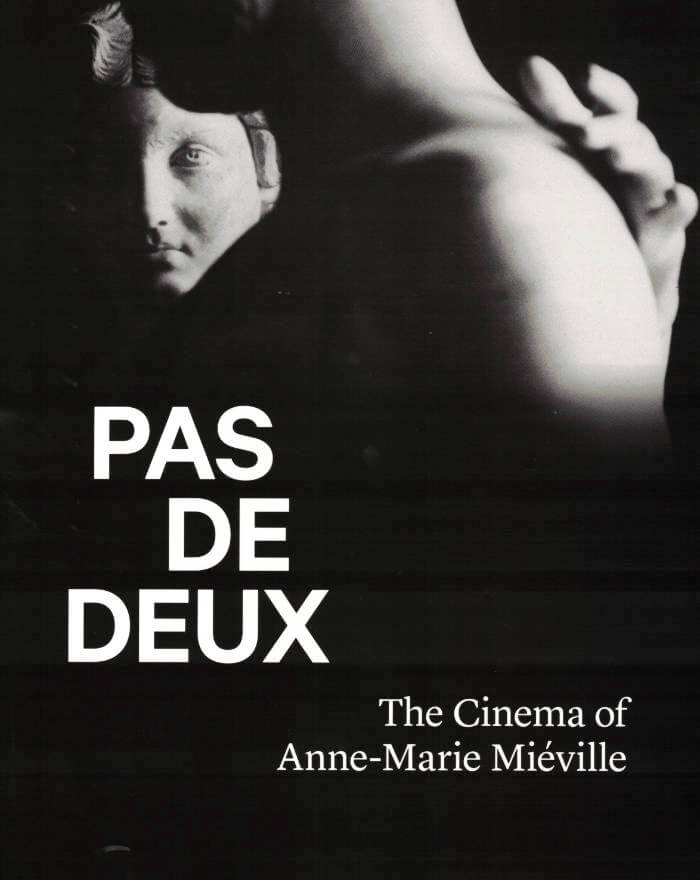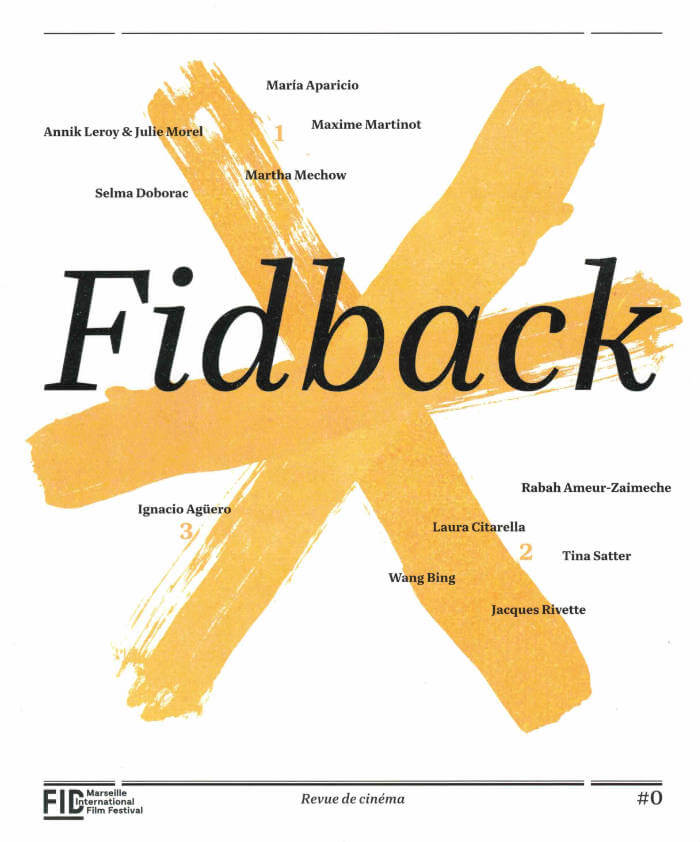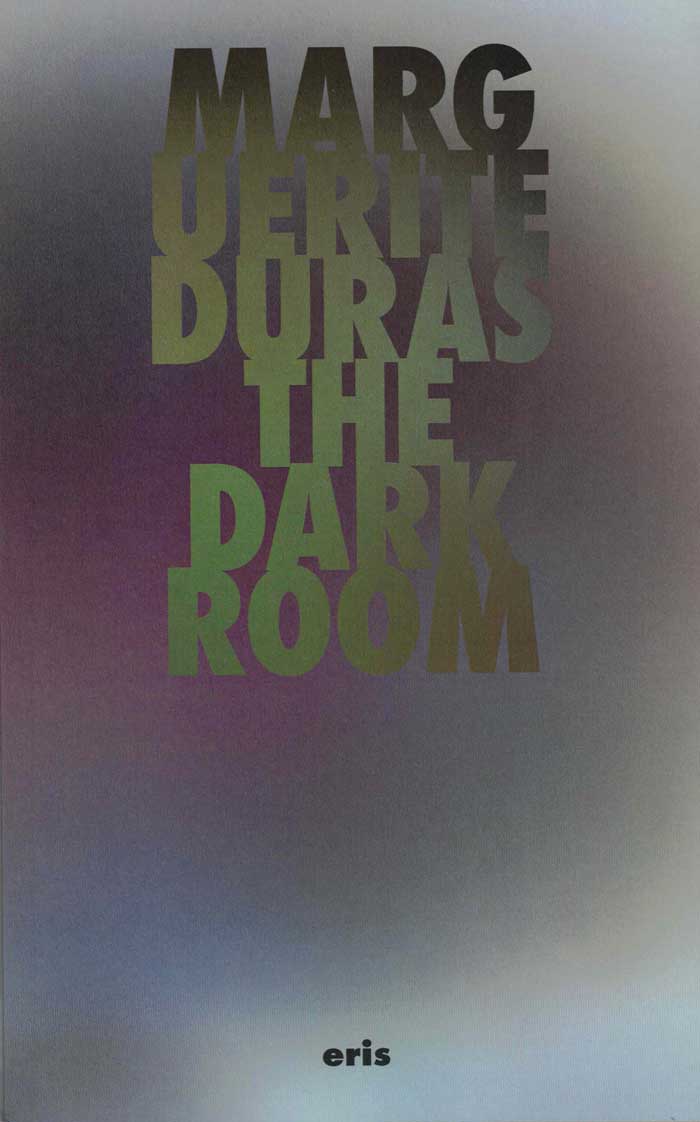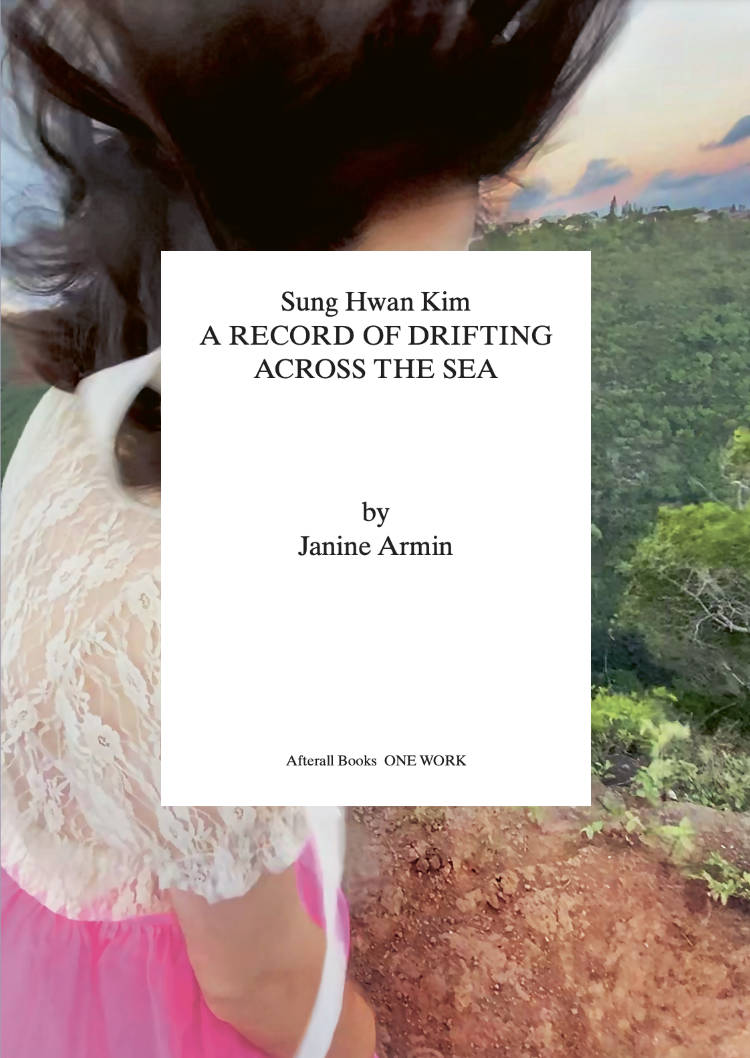
Pas de deux, Le cinéma de Anne-Marie Miéville
Developed on the occasion of a retrospective program of the work of Anne-Marie Miéville. Courtisane, CINEMATEK and Sabzian have collected a series of writings and interviews in a small-edition bilingual publication (French/English).




